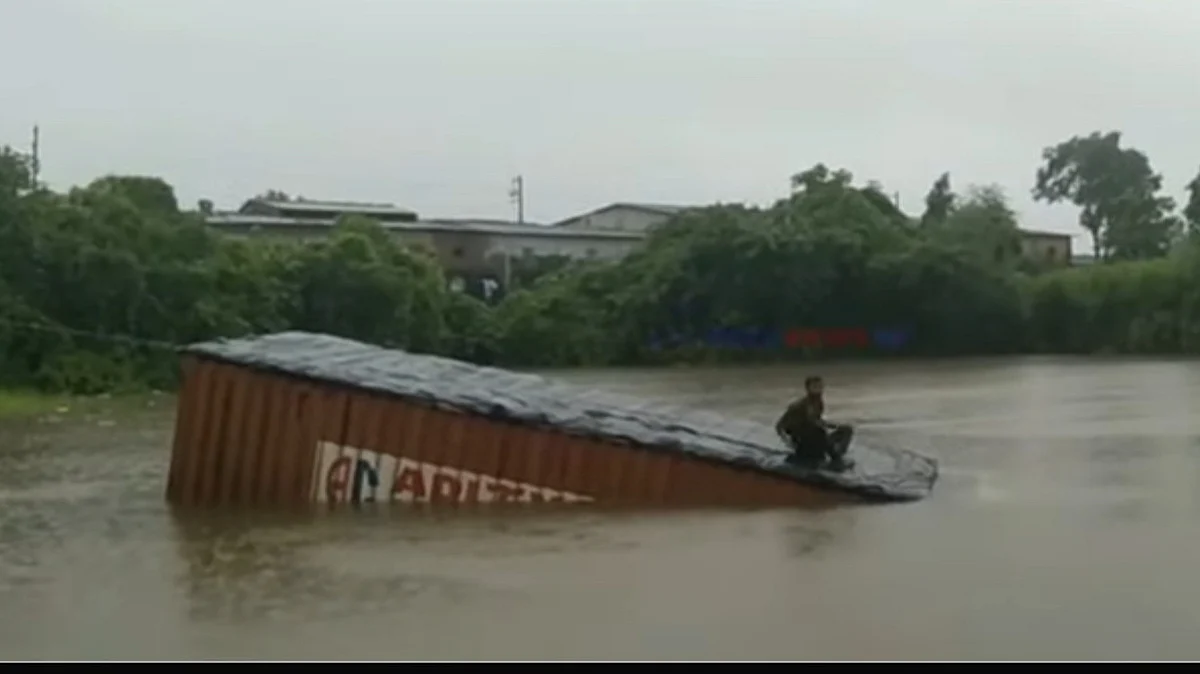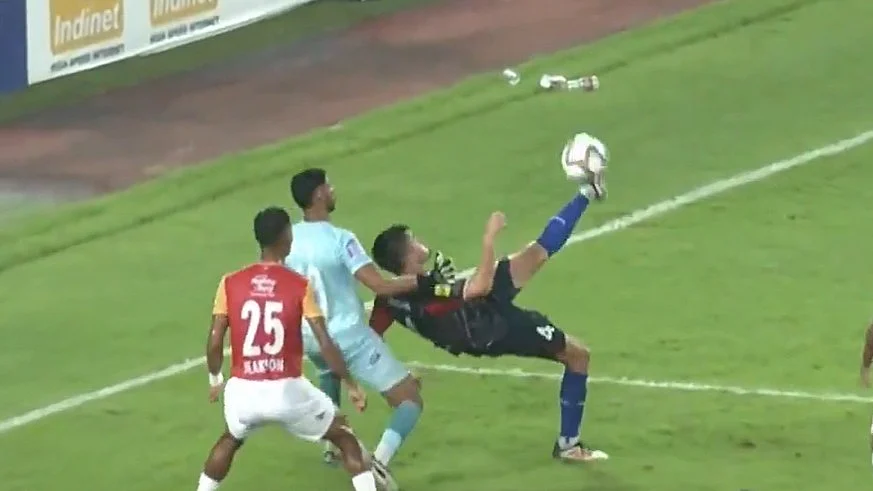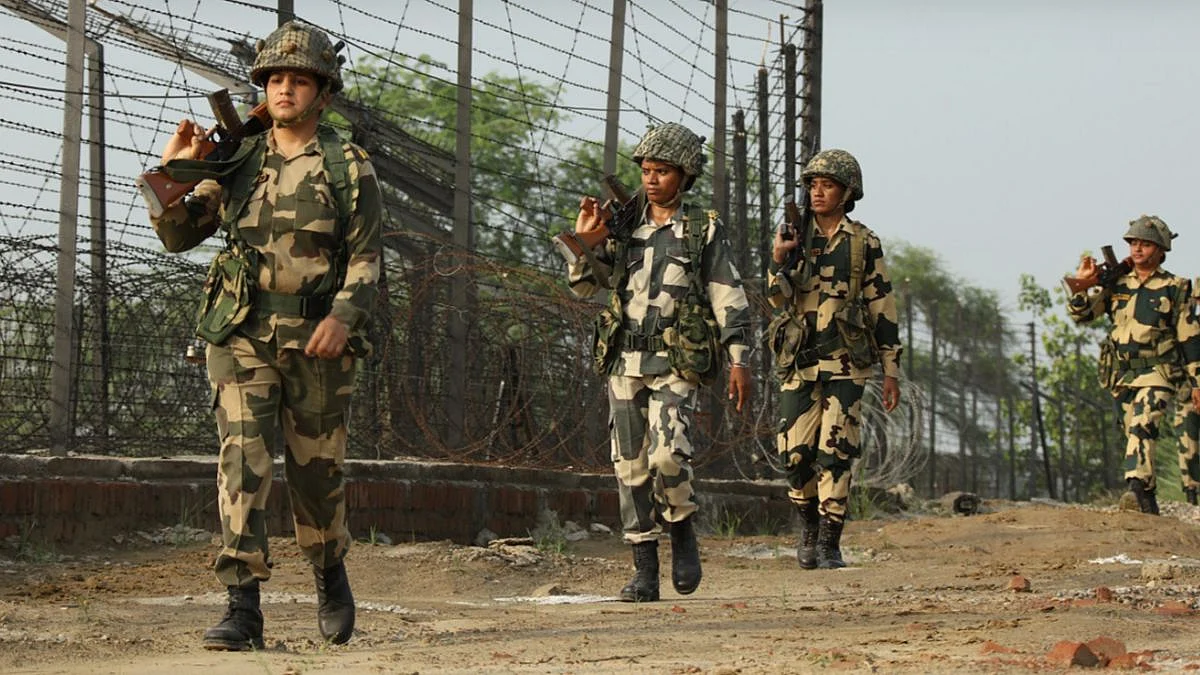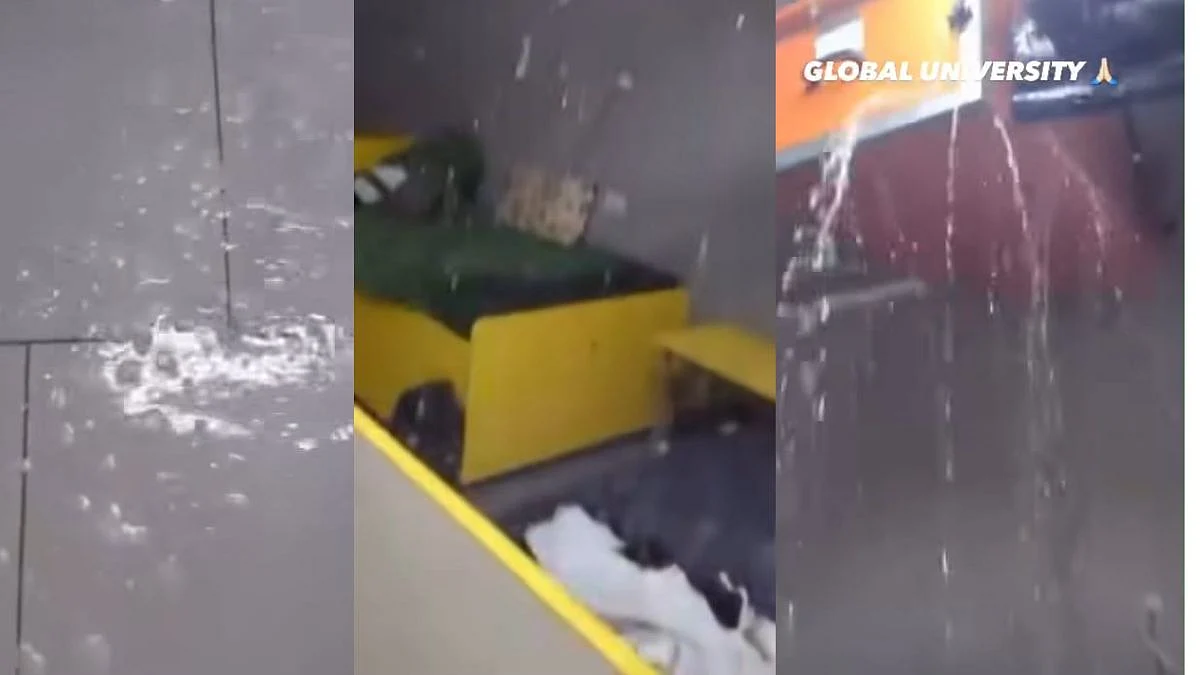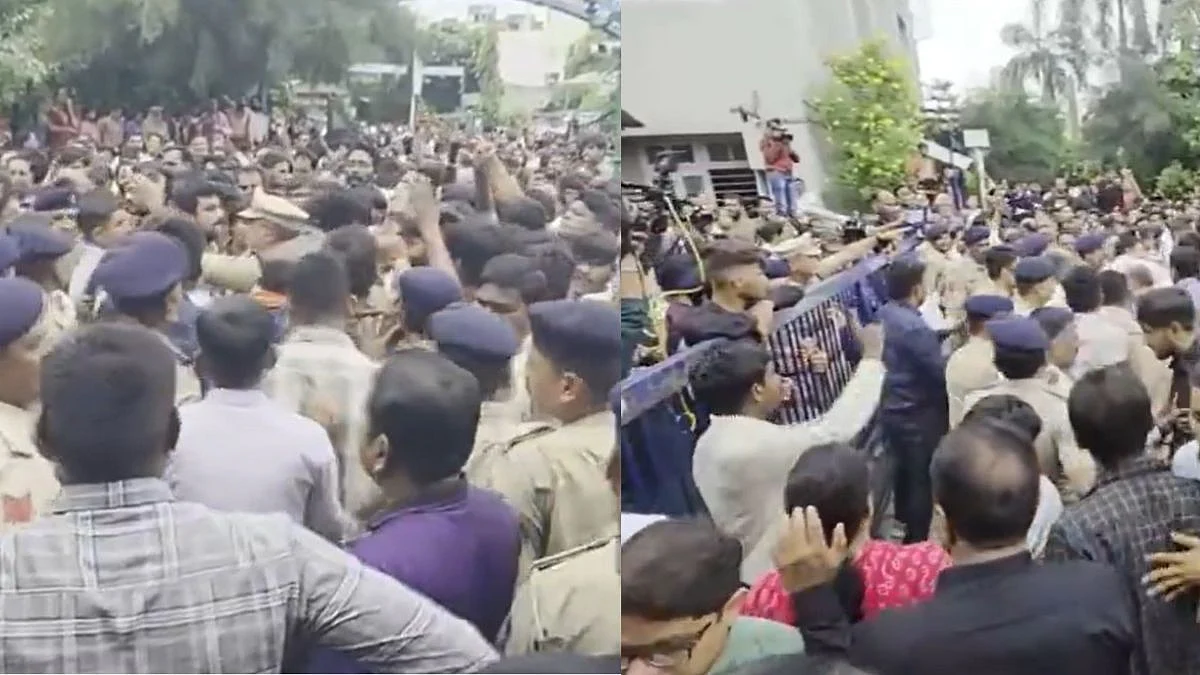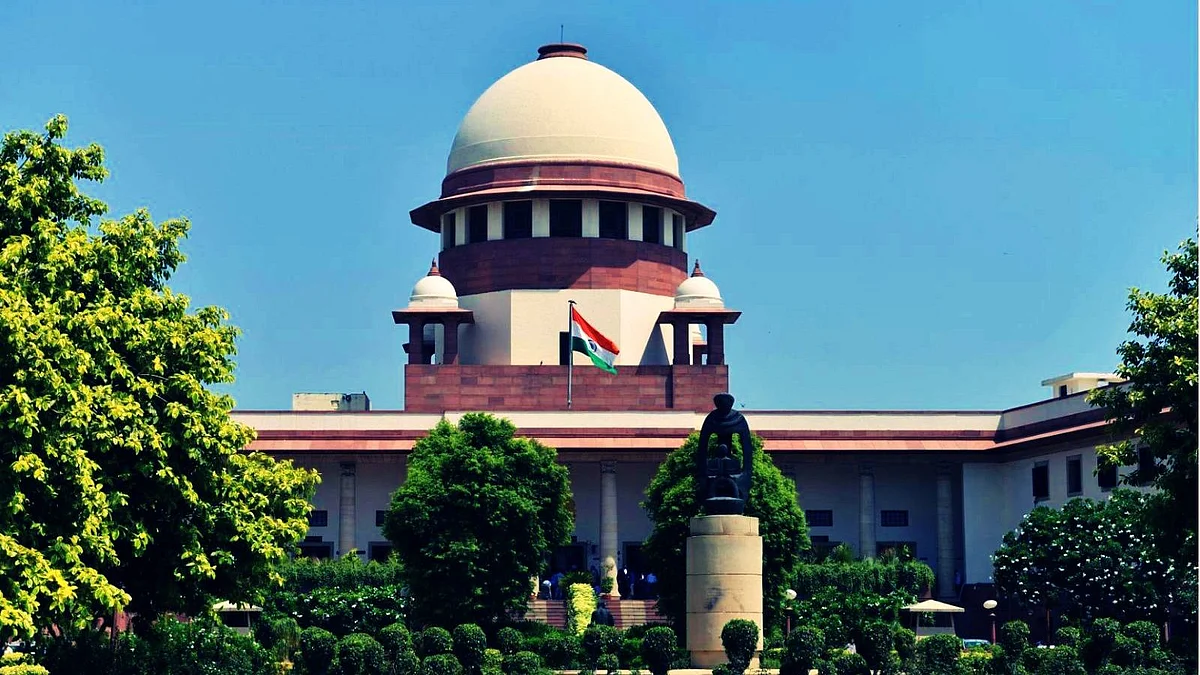Dheeraj Singh is an IIT Kanpur and IIM Calcutta alumnus and a strategy and finance professional based in Gurgaon. But that’s not enough to introduce him. Singh works extensively on students' issues, particularly on mental health, and is an active student suicide prevention professional, working with higher education institutions.
This is the second part of our three-part series on rising cases of suicides among IIT students. You can find the first part below.

In a discussion with The Free Press Journal (FPJ), Singh shared his views on what is triggering the rising cases of suicides and how can they be prevented.
FPJ: What advice do you have for students to keep their mental peace amid all the chaos?
Singh: After having engaged with a lot of students and being a student myself, I have realised that it is important to water your own grass, and perhaps the students may end up seeing it greener than what it looks like on the other side. One way to do this is by watering and building your grass very slowly. It is also important for students to check on their friends and see that they also synchronise with what they have learned.
Students should meditate every day for at least ten minutes and practice yoga/brisk walking for 20 minutes to keep their minds active. Simple things like eating meals, having sleep scheduled and talking to friends in-depth also help a lot. Seek professional help whenever the need arises.
FPJ: Every Institute has counsellors in place, however, many students do not approach them. Why do you think this happens?
Singh: The first question here is—do students even know that they need help? It's the ignorance among the students about their issues. Do we have resources, or some sort of screenings available that the students can take to do a self-test? This will help the students gauge their head space.
The second thing comes when the students know that they need help. When the students know they are above a threshold, do they seek the help that they need? Sometimes there is a bit of negligence at the individual end and the societal end because of which they don't seek help.
Colleges have OPD set up wherein mental health professionals, psychiatrists and counsellors sit but due to various factors, particularly because of shame they don't approach the OPD sector. This is a similar reason why the students don't even share their feelings with their parents because they feel their worth is less.
There is also a medical side to it, like anxiety and depression because of which reaching out becomes all the way more difficult, which is why mental health condition is considered a disability.
FPJ: What else can the institutions do to help the students?
Singh: IITs should be looked at as a community wherein the psychiatric social workers could be the front-line community workers and responders, which can connect the OPD centres to the students. These workers can be trained to cater to the students only and could be more on number than say the psychiatrists.
Colleges can also provide vouchers which could be redeemed by the students if they are going to meet a professional, even outside the college campus because students are sometimes more comfortable seeking help outside and anywhere they prefer. This can also reduce the cost burden on students. The other thing that the institute does is leverage existing technology, like video conferencing so that the students can seek help from the comfort of their rooms. They can also use outreach as opposed to OPD centres.
FPJ: Do you think that the numbers will only increase in the future?
Singh: Earlier, there were about five to six suicides in IITs until 2021 every year, now we are tracking about 16 every year so there's a sharp surge post covid. This is likely to remain high because the situation has consistently been unhealthy. So I would not be surprised if the trend continues on an upward rise.
FPJ: Many believe that the education system in India is on the verge of collapsing because of too much pressure. What sudden reform can bring about a change in it?
Singh: I can propose some strategic changes. All the colleges are ranked based on the National Institute Ranking Framework (NIRF) and currently, there are five parameters based on which the rankings are given. I would like to propose student engagement criteria right from the day that they join the institute to when they are graduating as well as a student's health criteria get added into the framework as the sixth parameter to make it more student-friendly which it is currently not.
FPJ: Should the IITs aim at reducing the rigidity in the education system?
Singh: Top colleges outside India provide a lot more flexibility to the students and, therefore, the students don't feel tied up. It's time we should do away with a fixed mindset of a four-year programme or three-year programme and instead, it should be credit-based. Every individual is different so one can complete the credit sooner while the other can take a longer time.
There also must be some kind of expert committee independent of IITs to examine past incidents and also do a psychiatric autopsy to find out the triggers and the circumstances that forced the student to take such a step. This will determine the remedial steps and will fix accountability.
FPJ: Do you have students coming to you to talk about their problems?
Singh: A lot of students come to me, not only to talk about their problems but now because of my viral social posts, they are connecting with me directly about their mental health issues.
FPJ: What is your approach towards them?
Singh: I take a very basic approach of talking to them like a normal human being. I open my heart about the problems that I have faced or am facing, this gives them a lot of strength. I also help them to know the exact issue that is bothering them.
Not the students but the parents are far more reluctant to take any sort of help, being on the receiving end of the tragedy. The parents also need to be more proactive, not just in finding the right coaching centres for their students but they must also tune into the mental health of their children.


